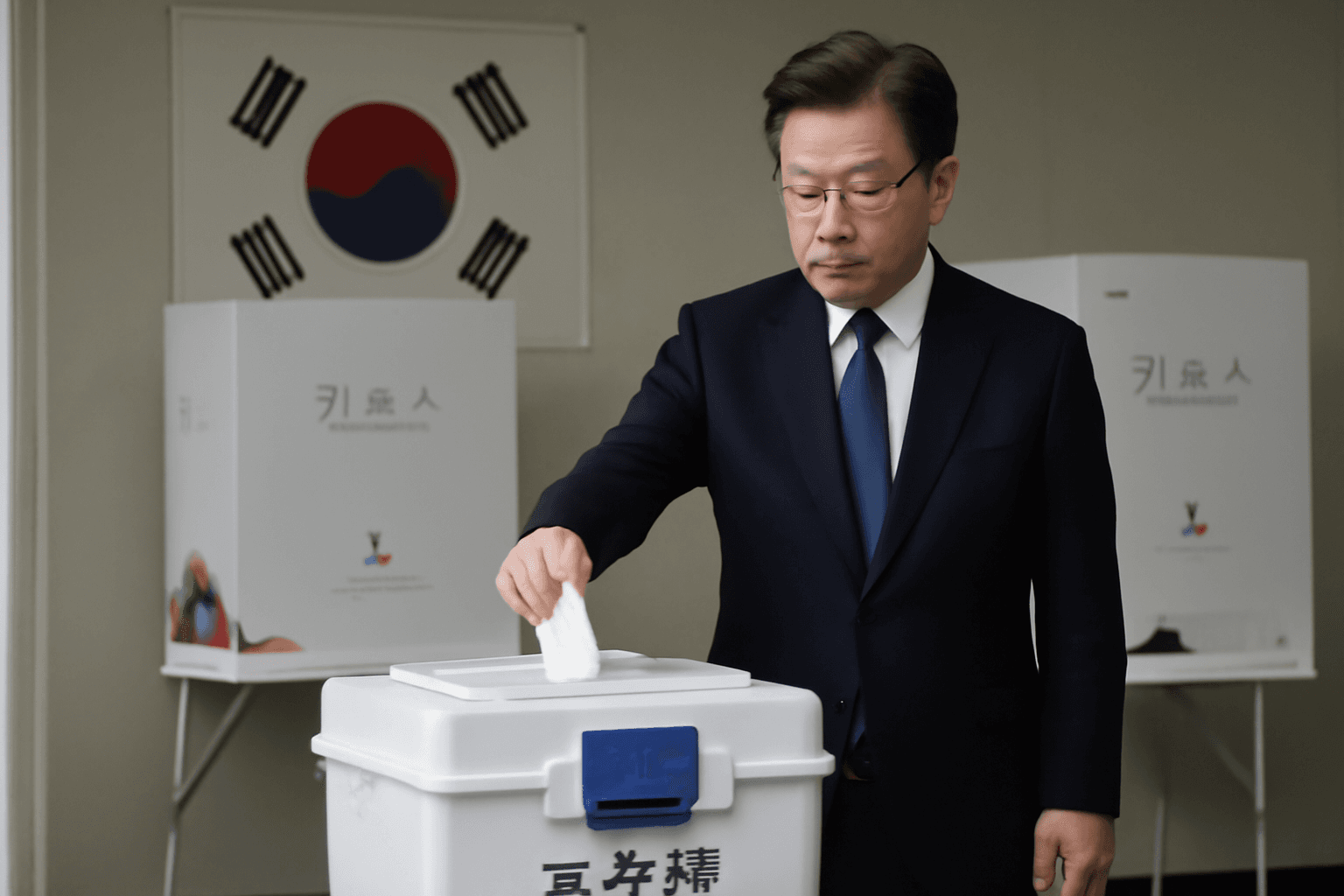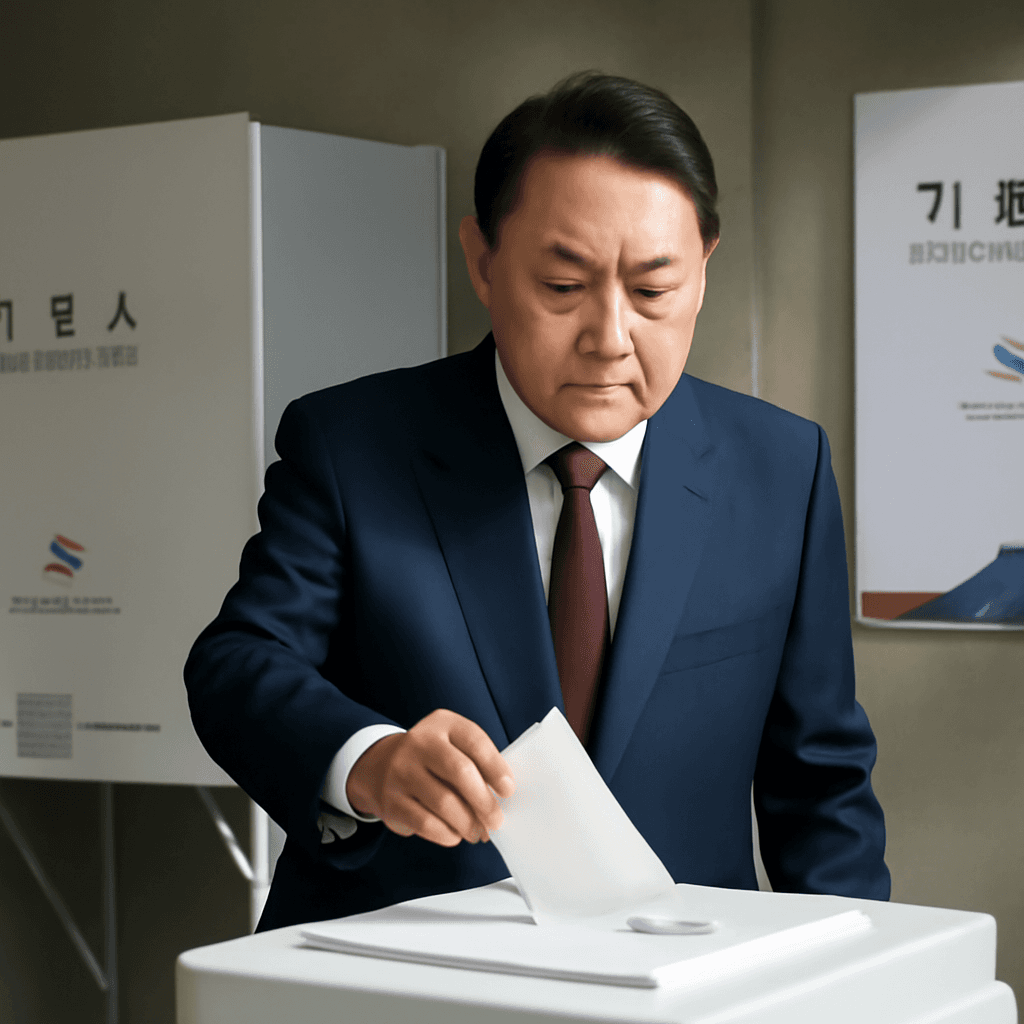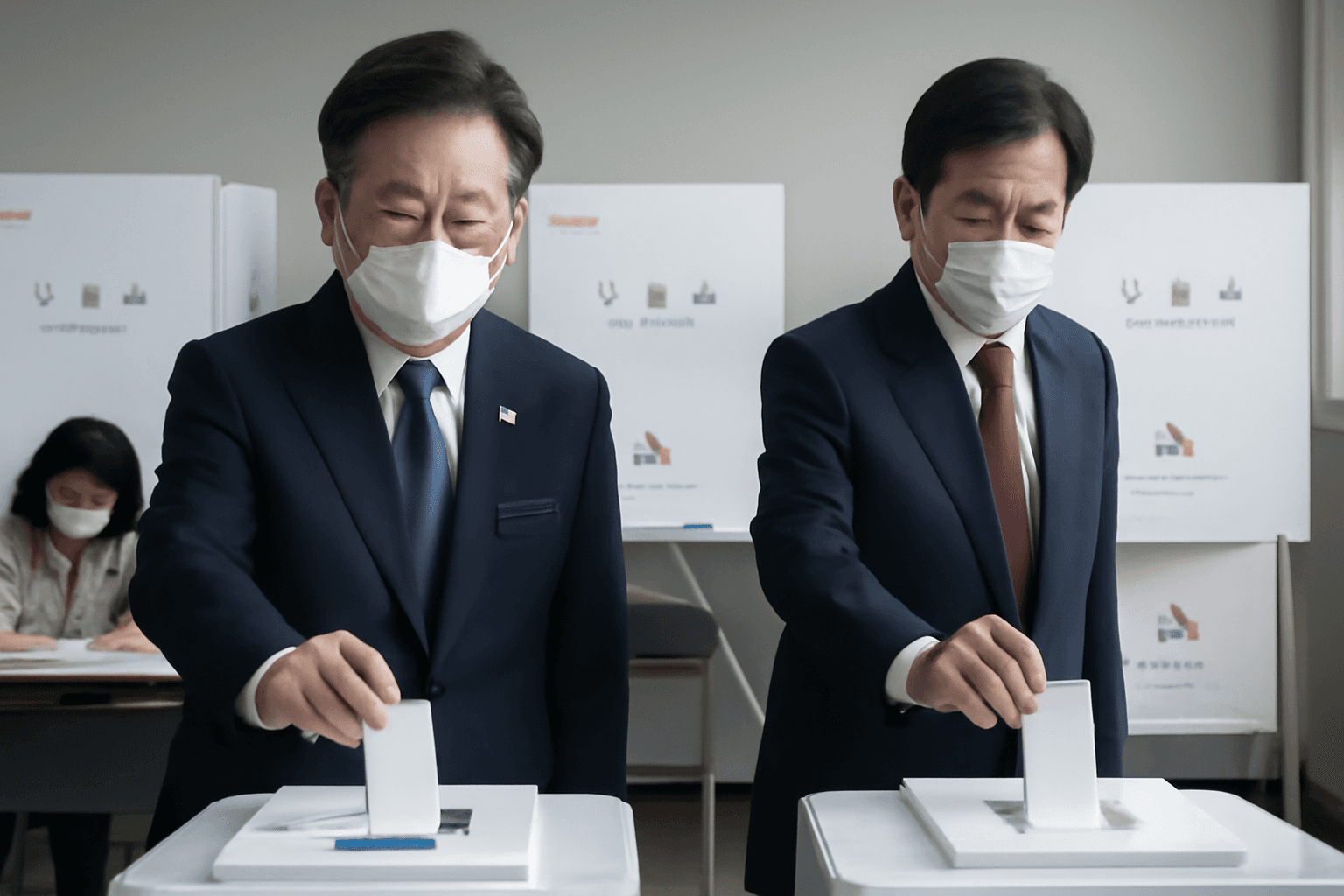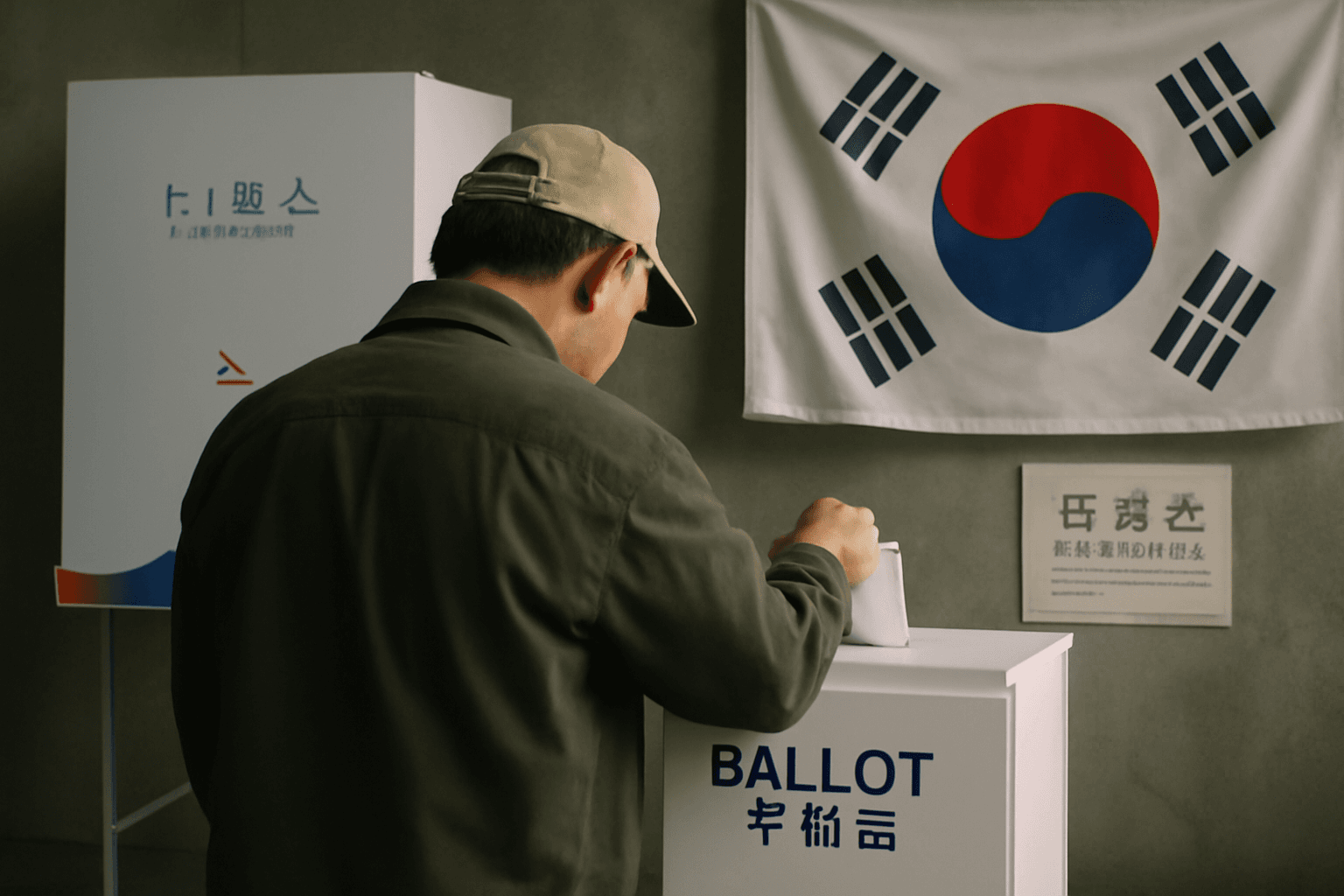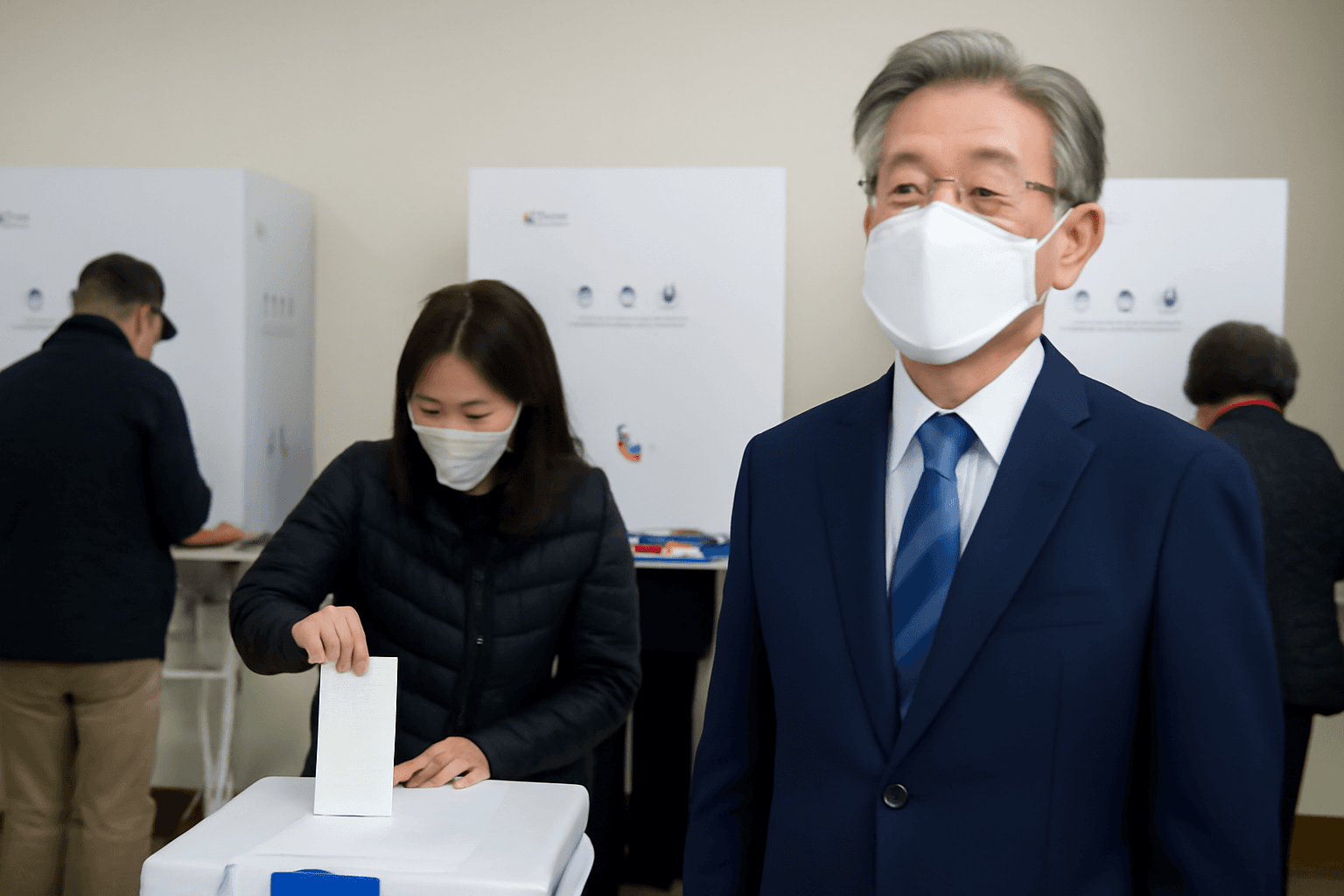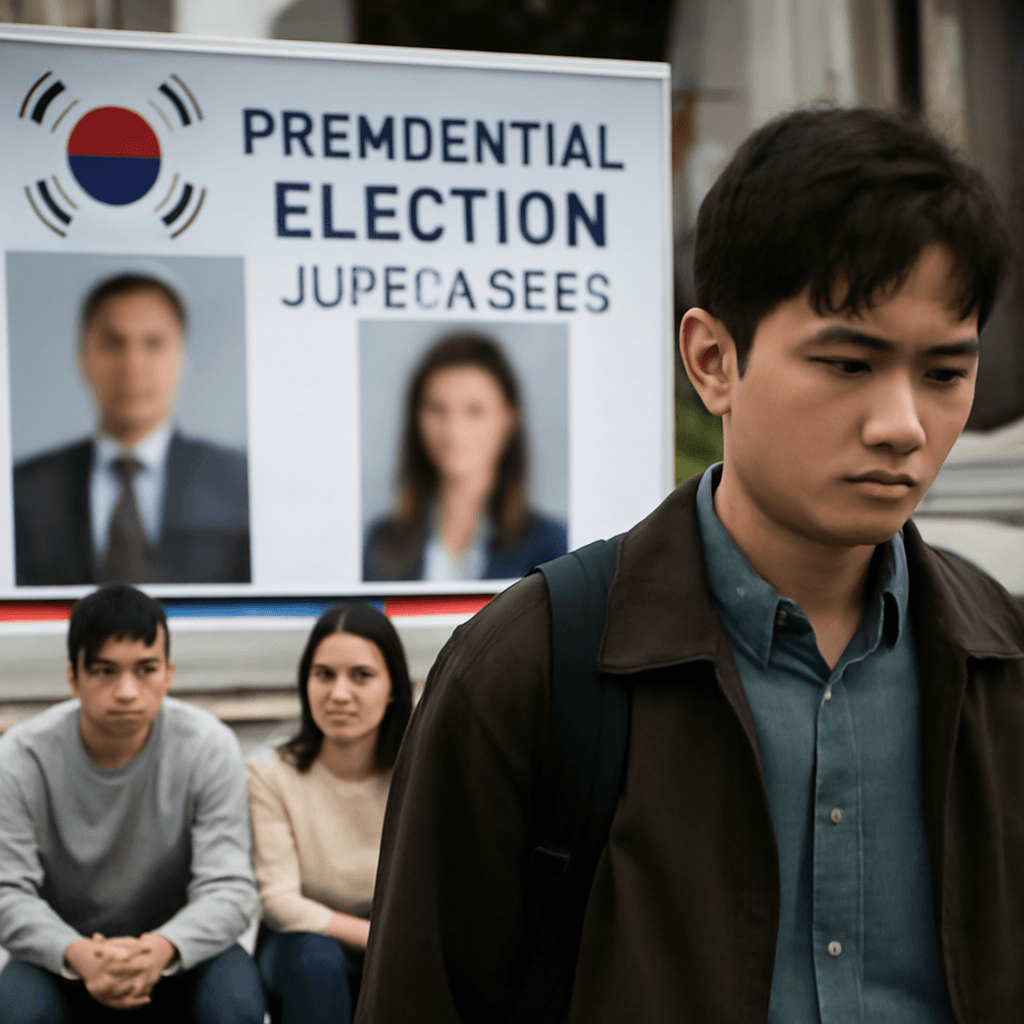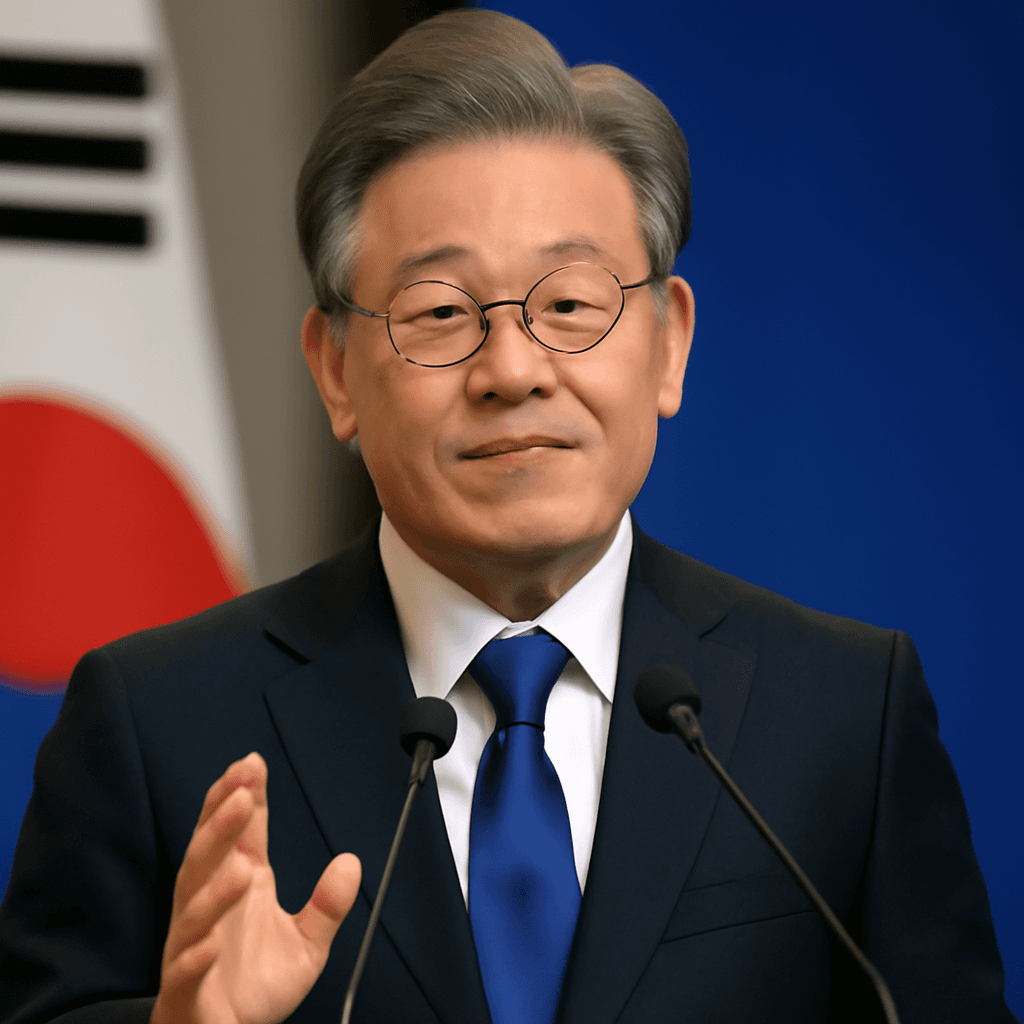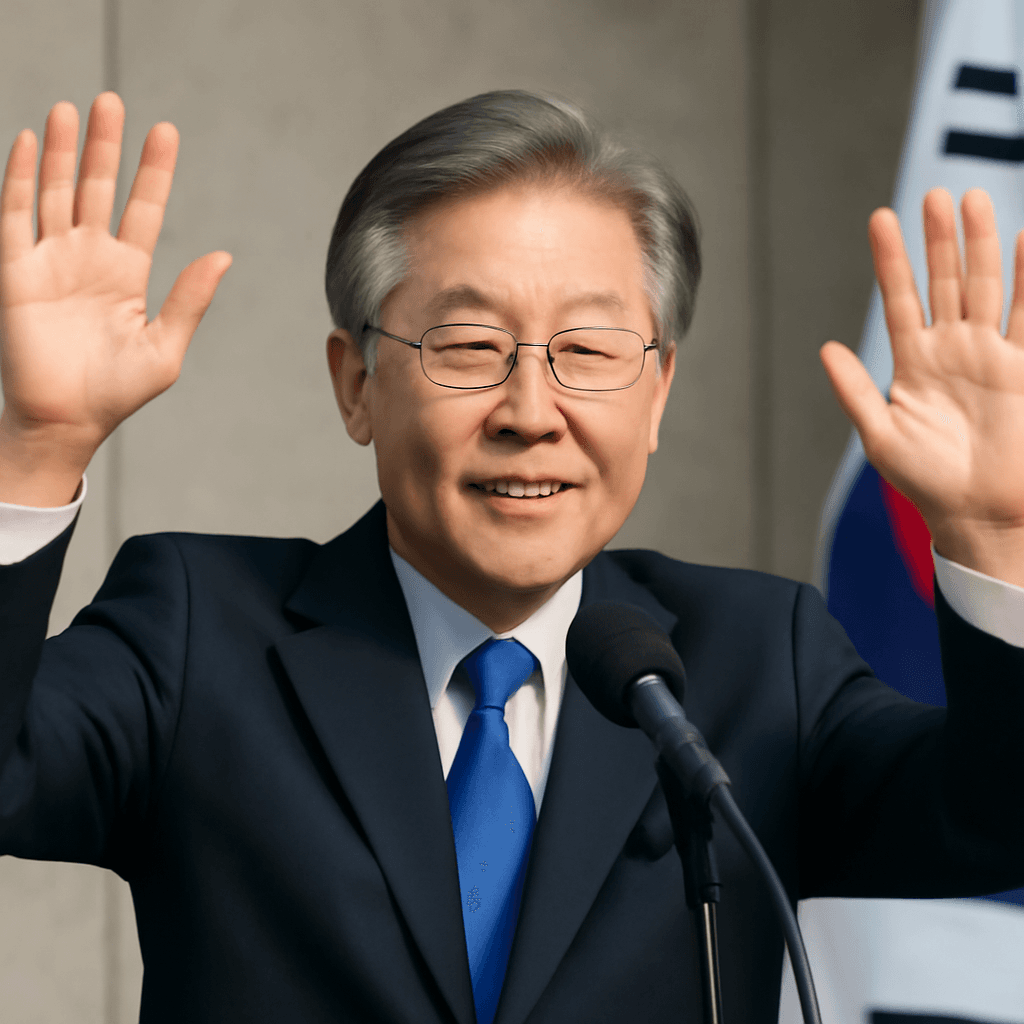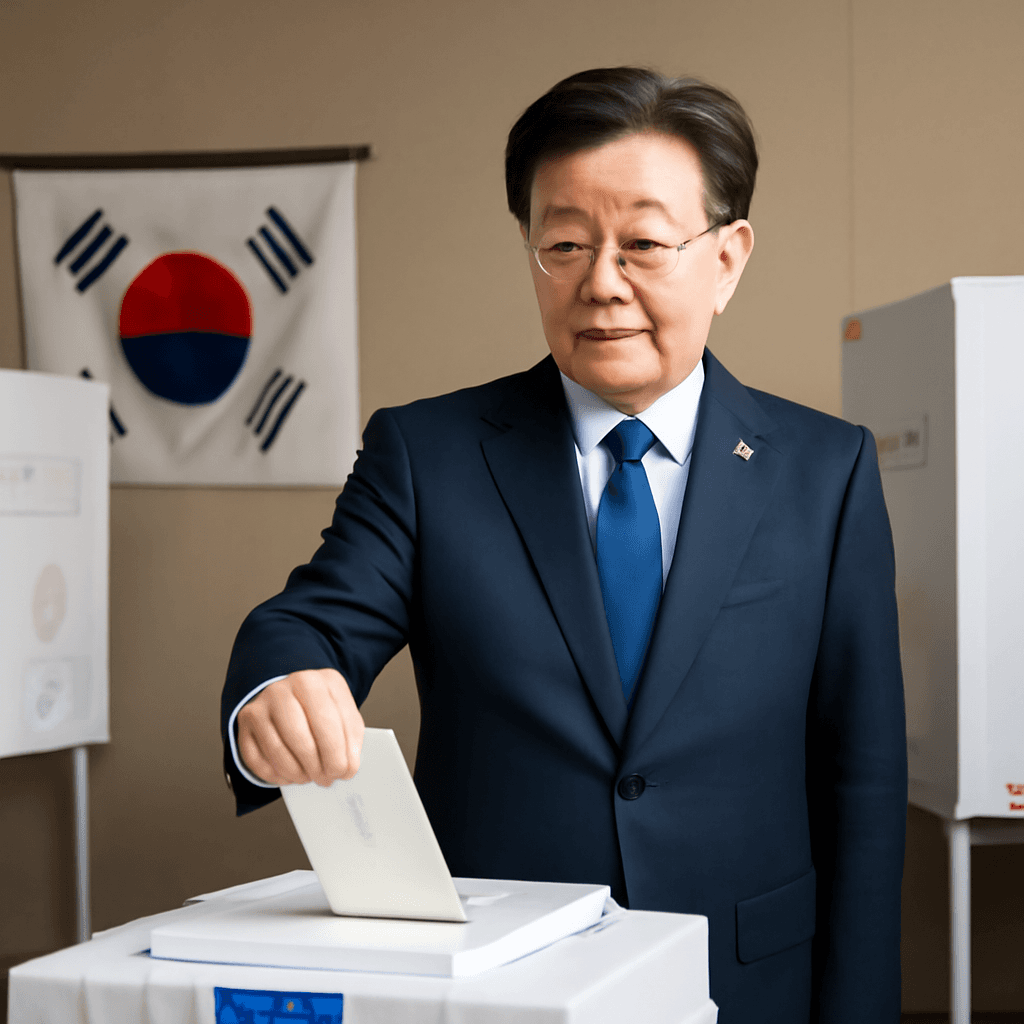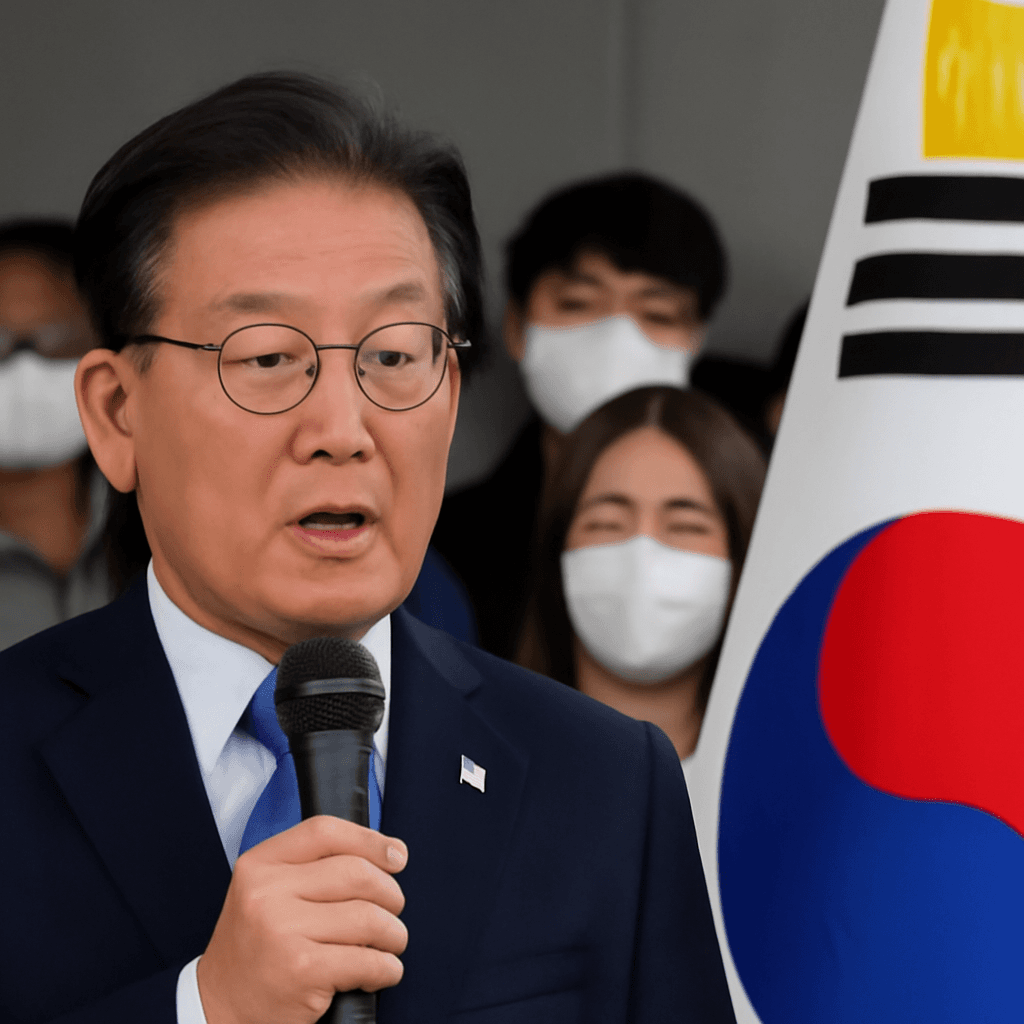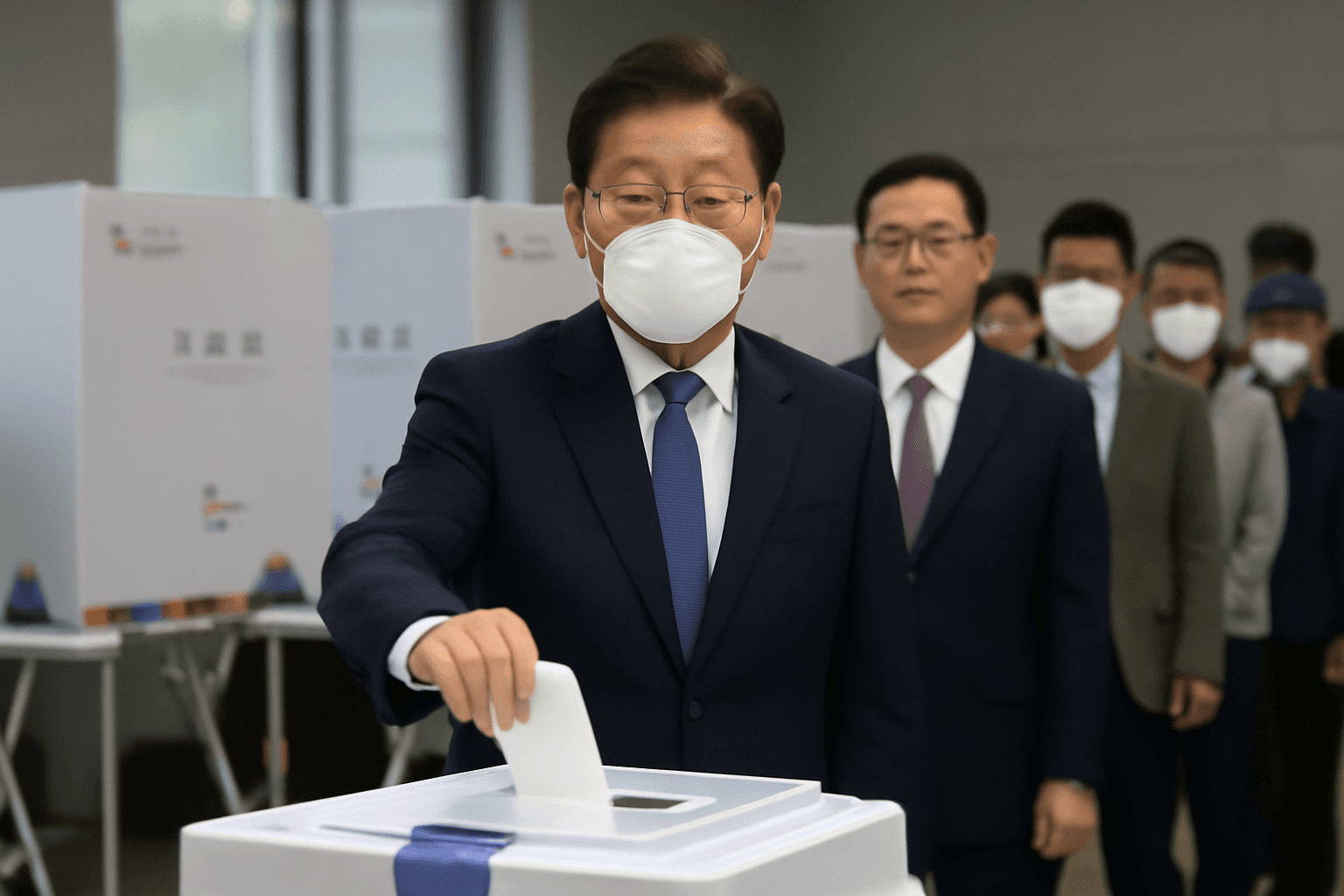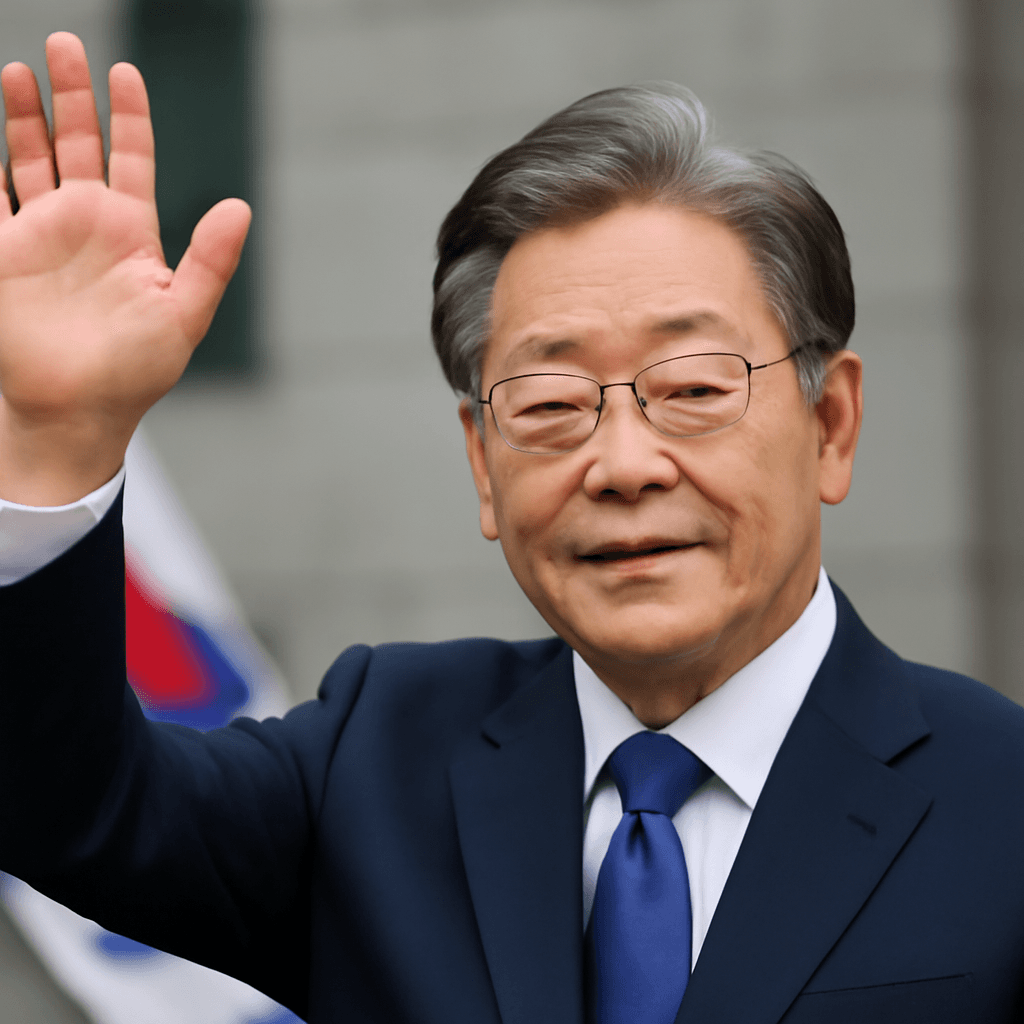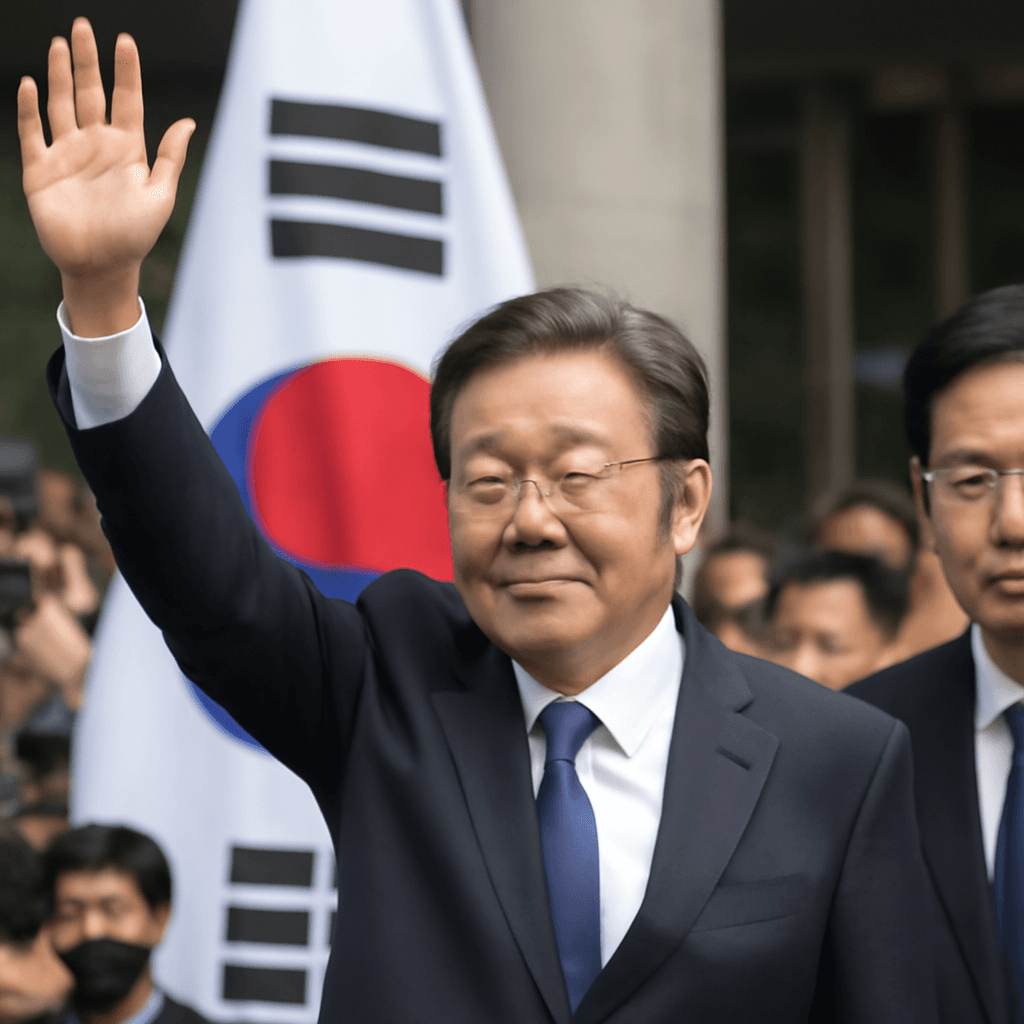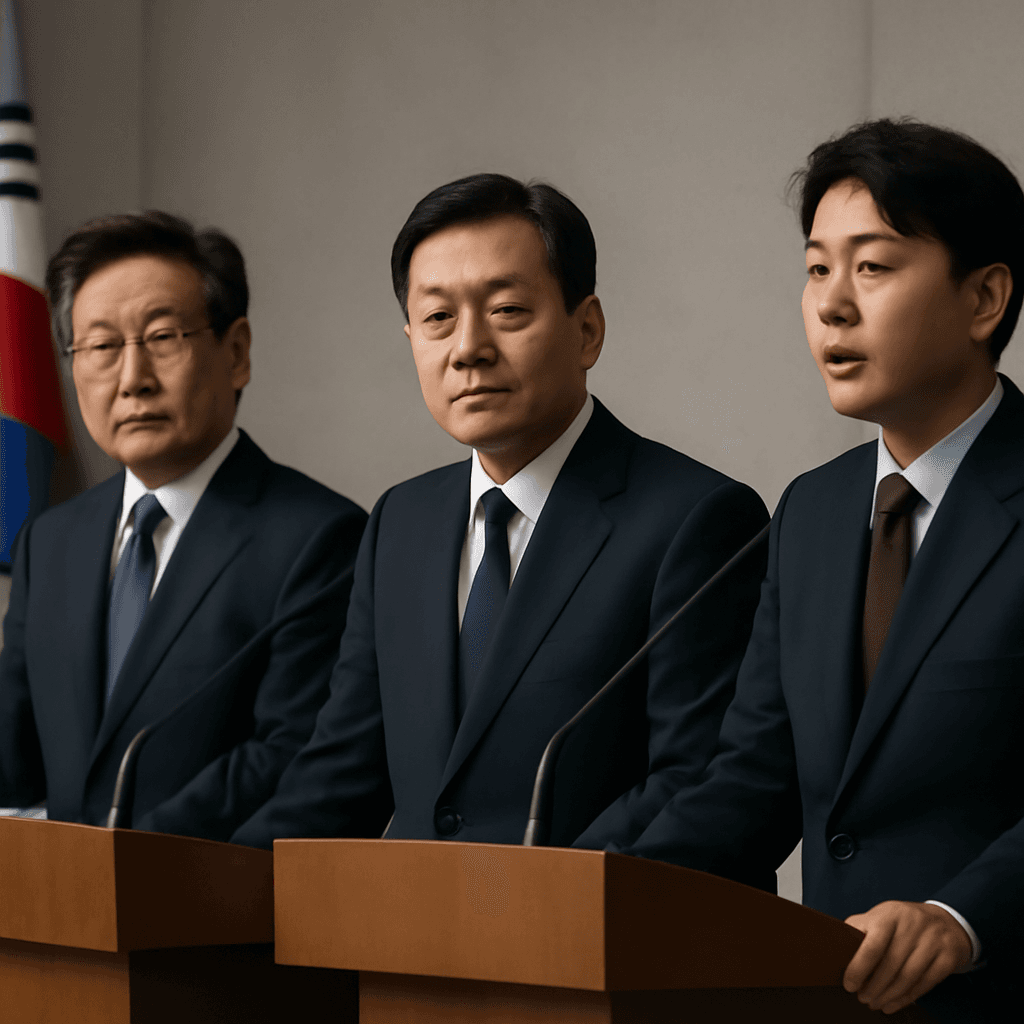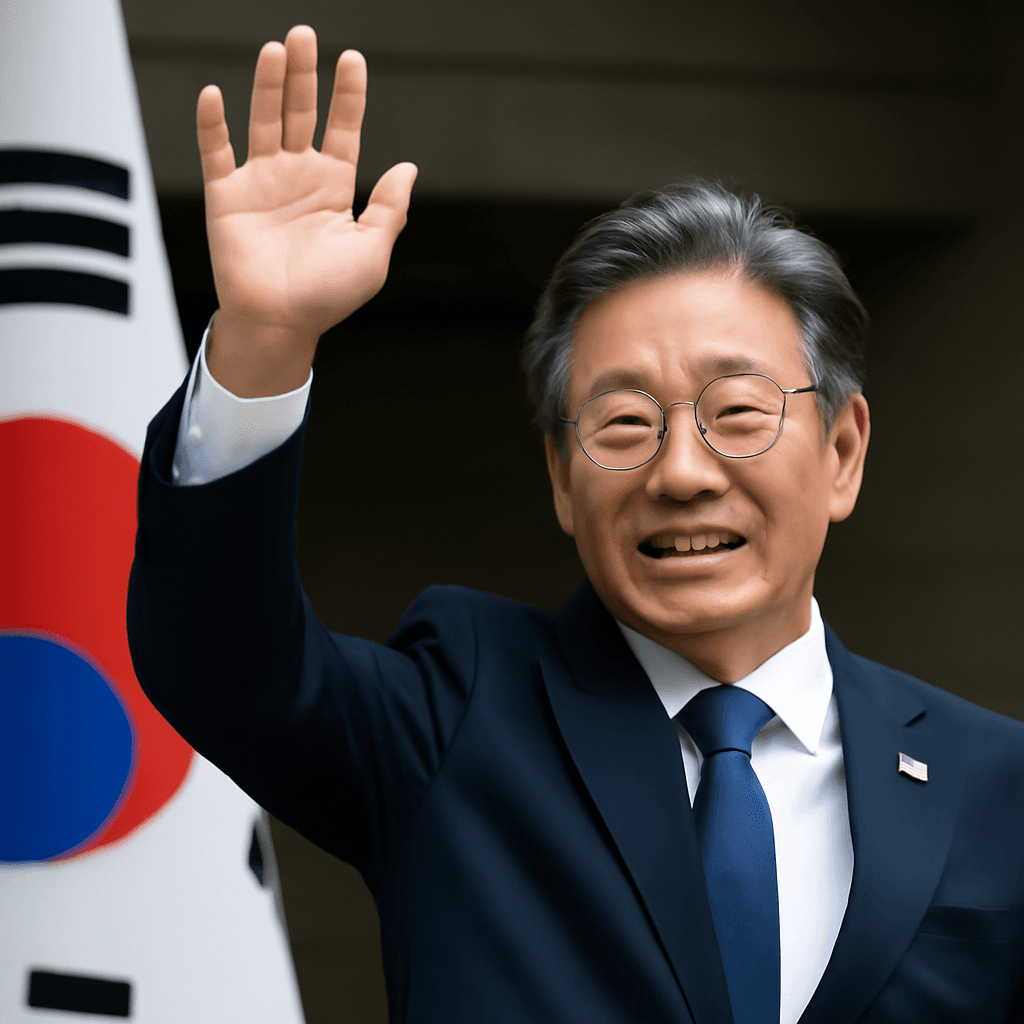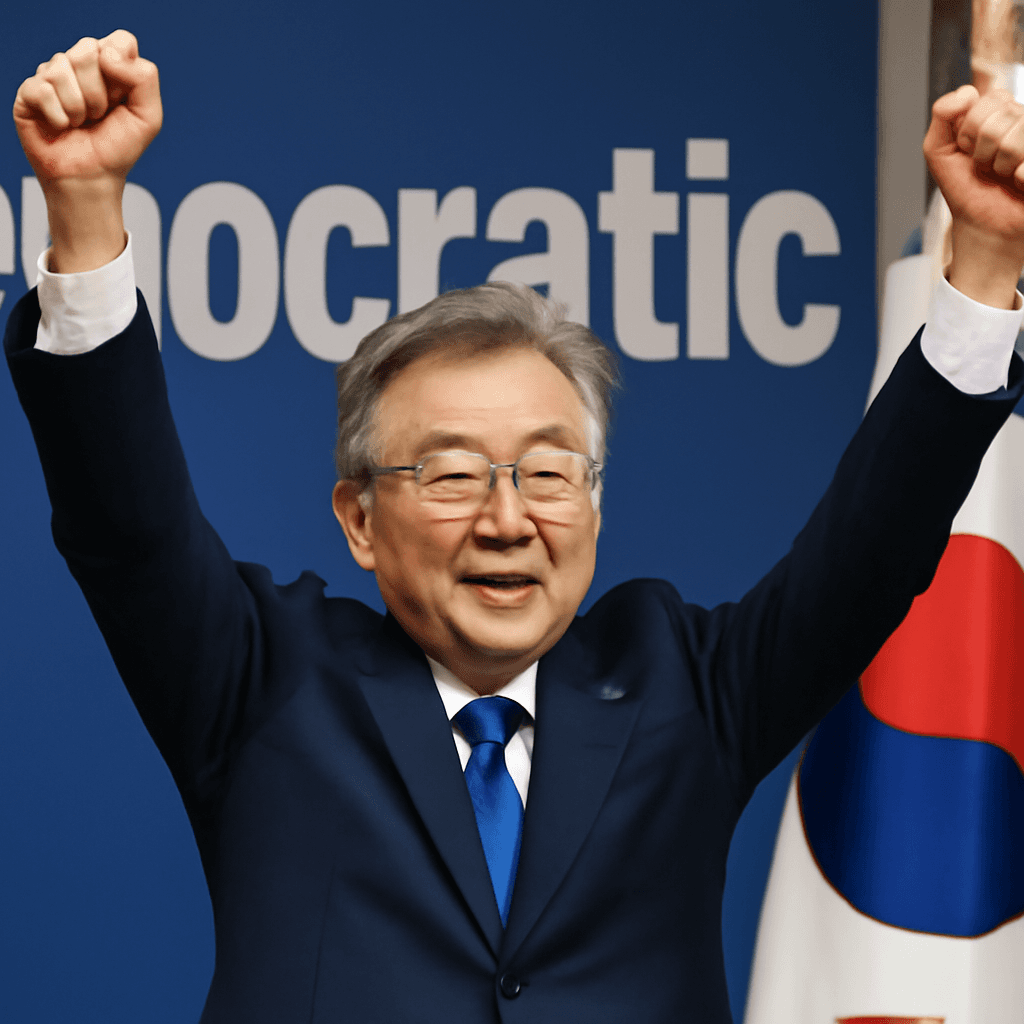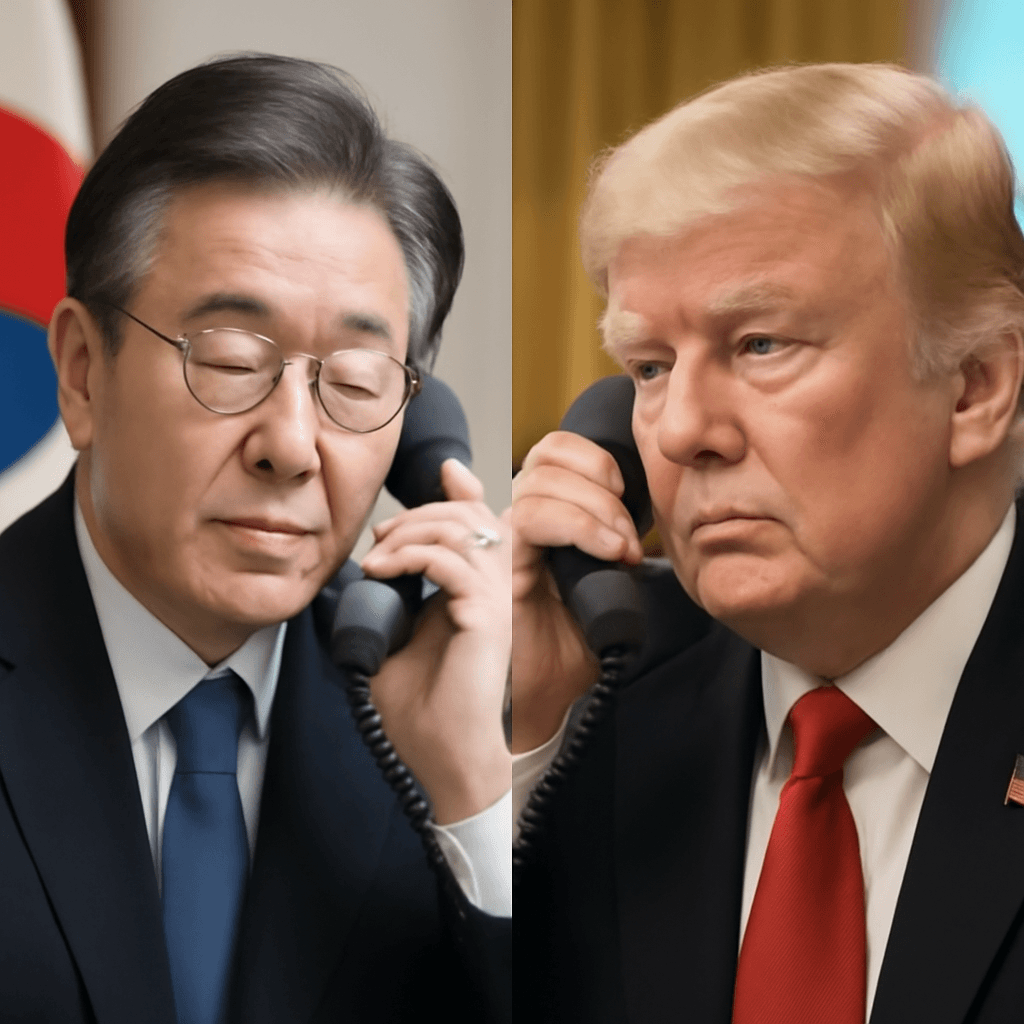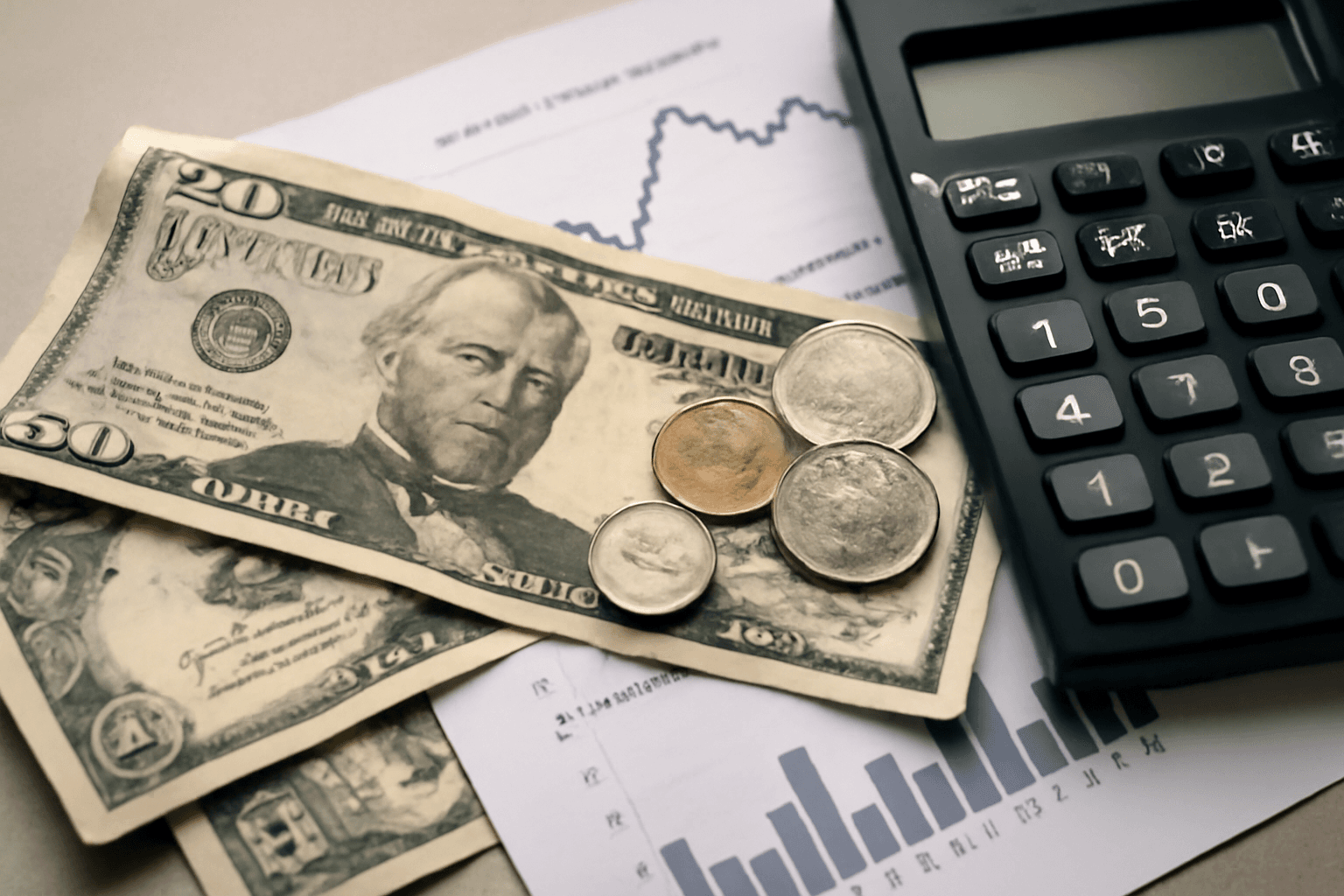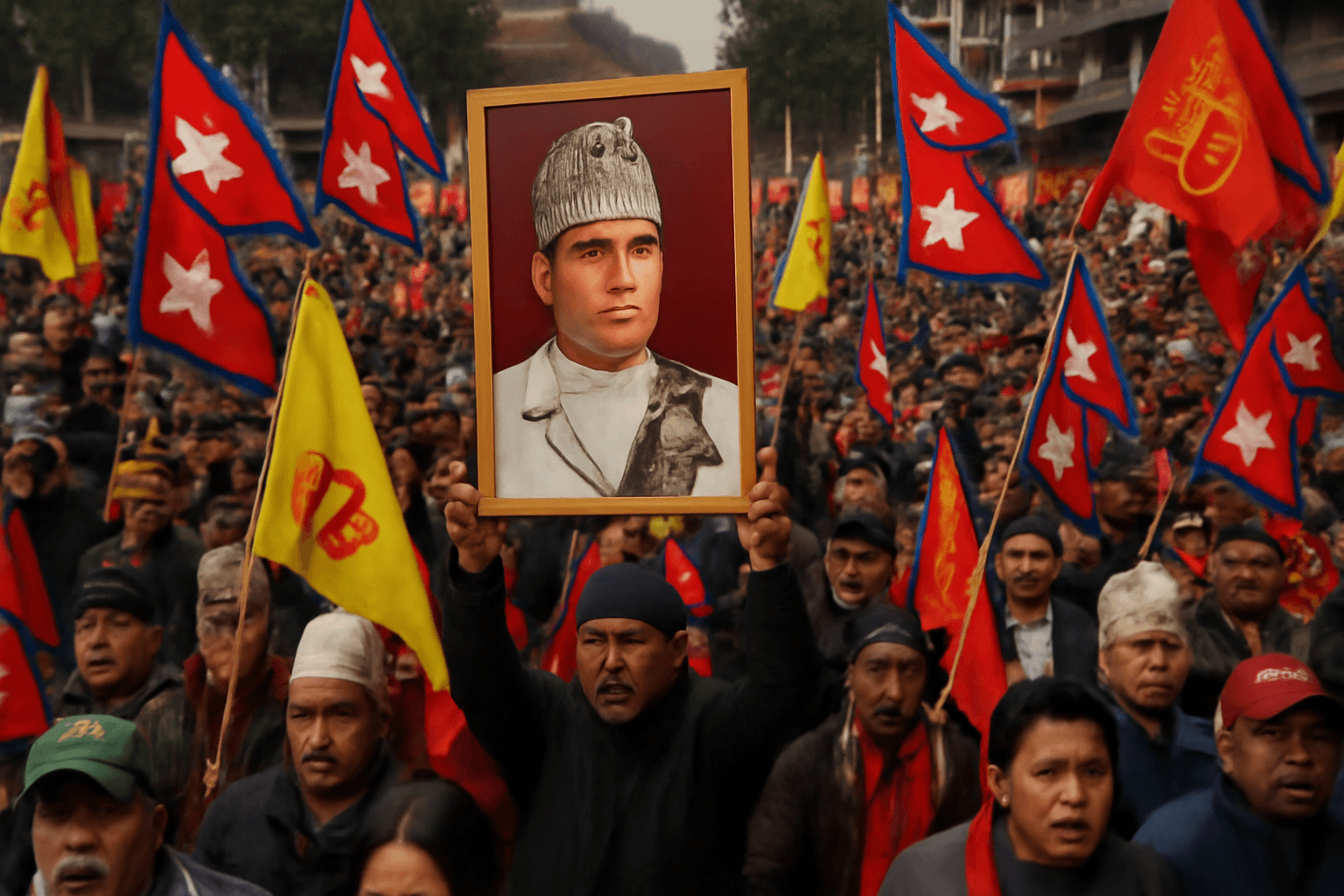South Korea has concluded early voting for a snap presidential election triggered by a recent political crisis involving the brief imposition of martial law.
The turbulent situation began in December when former President Yoon Suk Yeol temporarily suspended civilian rule, a move that led to his impeachment and removal from office. Since then, South Korea has been governed by interim presidents while facing economic challenges, including global trade disruptions and sluggish domestic demand.
Early voting, held on Thursday and Friday before the June 3 election day, saw long queues of citizens waiting to cast their ballots. By the end of early voting, turnout reached 34.7% of registered voters, reflecting strong public engagement amid the crisis.
Political polls consistently place liberal candidate Lee Jae-myung as the leading contender, with approximately 49% of respondents favoring him. Conservative candidate Kim Moon-soo, from the ruling People Power Party, trails with around 35% support.
Observers note the heightened voter turnout, both domestically and overseas—where nearly 79.5% of eligible voters participated last week—demonstrates a collective drive to restore democratic stability. Political experts emphasize that the election will test South Korea's ability to overcome political divisions and economic challenges, including a low birth rate and ongoing tensions between major global powers.
Despite high anticipation, analysts warn that the nation’s political landscape remains fragile. Success will depend on the incoming leader's capacity to unify the country and promote inclusive governance, thereby preventing further polarization.

